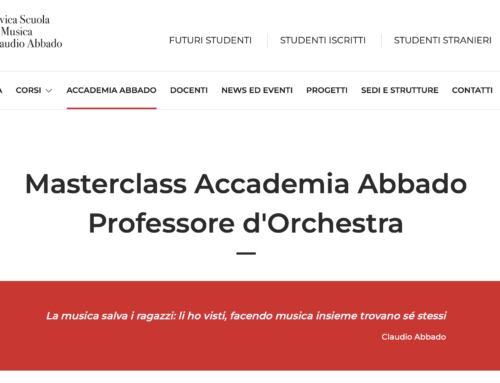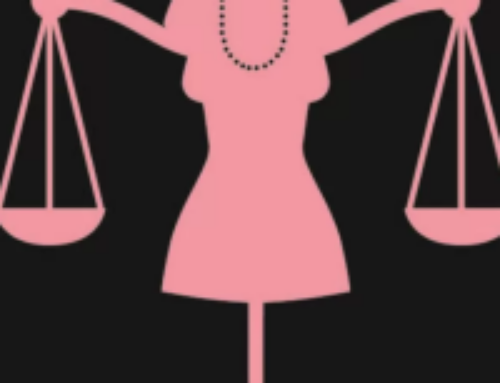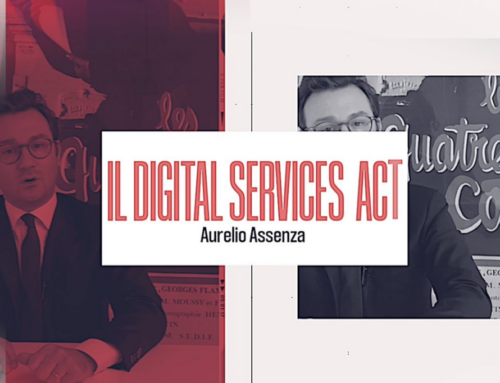ITALIAN SUPREM COURT RULES AGAIN ABOUT COPYRIGHT ON WORKS MADE FOR HIRE
The First Civil Section of the Italian Supreme Court, with decision No. 19335/2022 of 15 June 2022, ruled again on copyright and works made for hire, i.e. those works whose creation is commissioned to the author by a third party against the payment of a consideration.
In this respect, the judges of the Supreme Court confirmed that under copyright law “the principal is the owner, derivatively or originally (according to opposing doctrinal theses) of the economic exploitation rights deriving from copyright over works made for hire, when the author is obliged, against a consideration, to create works so that the other party can then economically exploit the results, while the copyright moral rights are still vested with the author “, as already ruled in the decision of the Supreme Court no. 8433/2020.
In the case at hand, however, a pharmaceutical company did not commission to a graphic agency a genuine “creative work” but rather the delivery of “executive files reproducing information necessary for the packaging and illustration of pharmaceutical products”, i.e. non-creative works.
The Supreme Court rejected the appeal against the decision of the Court of Appeal of Milan, which had distinguished the creation of an original work (i.e. the creation, by the contractor, of a source file that was out of the scope of the contract) from the delivery of the so called “corpus mechanicum” (i.e., the executive files, whiche are not creative works) and confirmed that the creation of the source file was “only an operational step to fulfil the contractual performance of the delivery of the executive files” and therefore the copyright over the creative work (i.e. the source file) could not be vested with the principal, since it did not fall under the scope of the contractual relationship.
In this interesting decision, the judges of the Supreme Court, in any case, focused on the issue, widely debated in doctrine, concerning the “original” or “derivative” transfer to the principal of the economic exploitation right deriving from copyright on a work made for hire, without prejudice to the fact that, under the settled case-law, the “copyright moral rights” of the author are considered “inseparable from the author himself/herself, non-transferrable and not subject to any statute of limitation”.
In particular, by the decision at hand, the Supreme Court explicitly endorses the theory that holds that the transfer of the economic exploitation rights deriving from copyright in favour of the principal is “derivative, but an effect of the contract with the principal, according to a conceptual scheme similar to the one applicable to the sale of a future goods pursuant to Article 1472 of the Italian Civil Code”, under which the transfer of the title occurs upon the “existence” of the good.
In light of the decision of the Supreme Court, it is highly advisable to establish in writing in the agreement with the author for the creation of works for hire: i) what kind of work the author must create in favour of the principal; and ii) that all rights of economic exploitation deriving from copyright over any material/work created within the scope of the contract will be vested with the principal upon the creation of the work, without prejudice to the moral rights that will be vested with the author.













